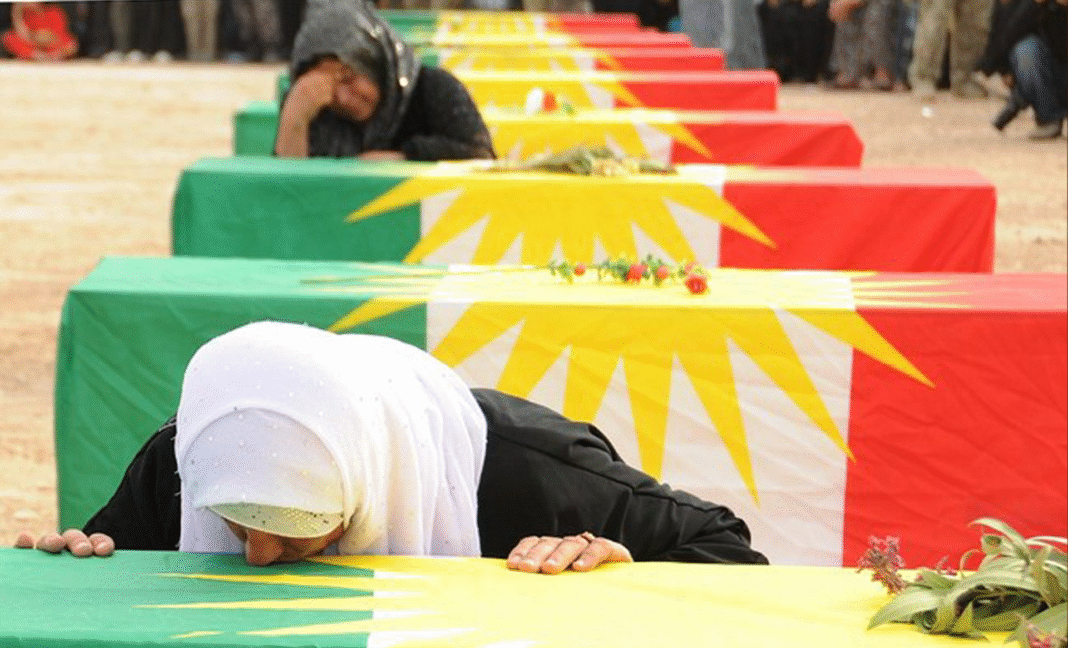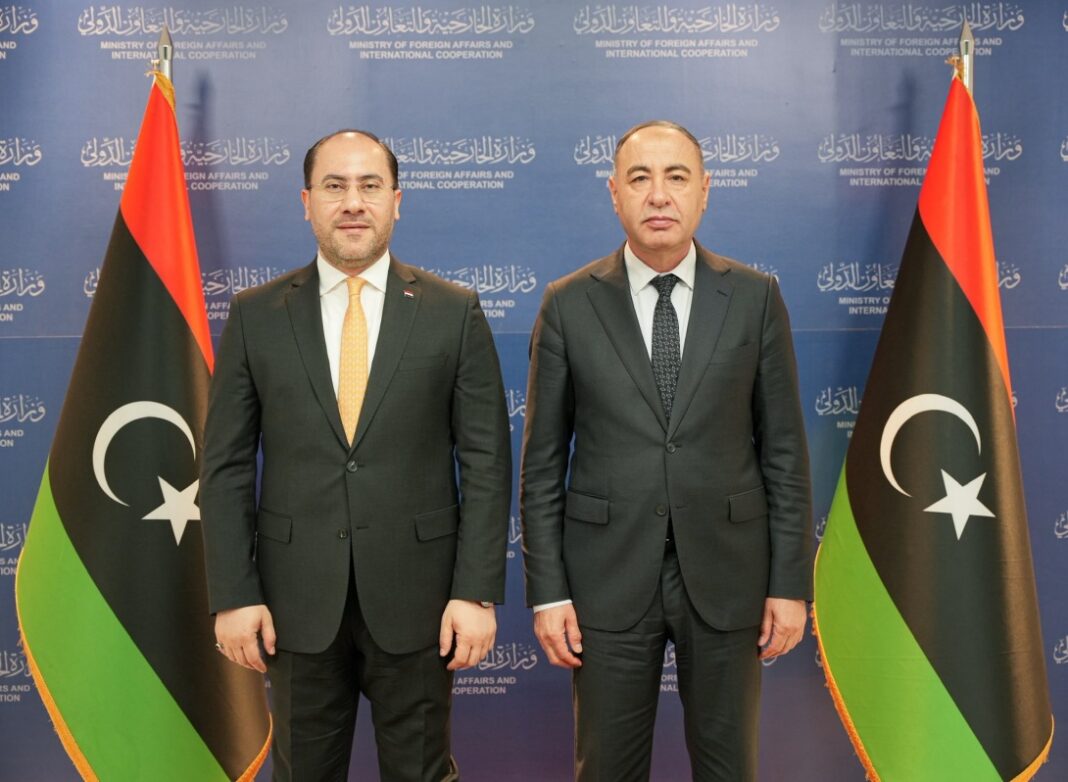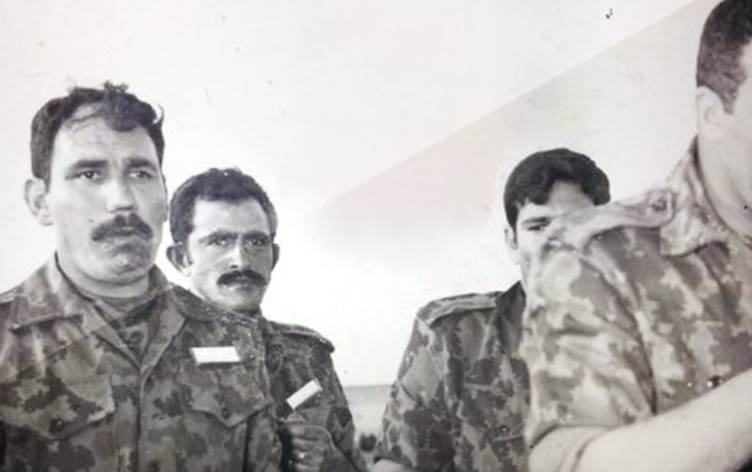Barzani families remembered their lost loved ones as Iraq honored the 42nd anniversary of the Anfal campaign. Prime Minister Mohammed Shia al-Sudani led the nation in mourning and condemned the brutal attacks.
Al-Sudani first posted a message on his official X account. In that message, he called the campaign a “criminal and inhumane act.” Moreover, he highlighted the cruelty behind the attacks. Specifically, he emphasized the abduction of over 8,000 men and boys from Barzani families on July 31, 1983.
Meanwhile, security forces loyal to Saddam Hussein stormed displacement camps near Erbil. There, they seized victims from Qushtapa, Harir, and Bahirka. Afterward, soldiers transported the captives to southern deserts. Then, they executed them and buried their bodies in mass graves.
Later, Al-Sudani directly addressed the deep suffering of the Barzani families. He declared, “We mourn their loss and honor their courage.” Furthermore, he expressed full solidarity with Masoud Barzani and all families affected by the tragedy. Finally, Sudani stated that these victims’ sacrifices pushed Iraq forward toward democracy and justice.
Barzani families remembered not just with words but with action. The Kurdistan Regional Government built a memorial and cemetery in Barzan. Officials say the site preserves truth and ensures future generations never forget.
Saddam’s regime didn’t stop at the Barzani families. Troops carried out the broader Anfal campaign across Kurdish regions. They killed nearly 182,000 Kurds. They also destroyed about 5,000 villages.
After the regime collapsed in 2003, Iraqi teams began recovering bodies. In 2005, they returned 503 remains to Kurdistan. Later, in 2014, they brought back another 93. In 2022, they returned 100 more. Families welcomed them home with funerals and public mourning. Still, many continue searching for answers.
Survivors say the wounds of Anfal remain fresh. They demand justice and international recognition. Leaders vow to uncover the full truth and hold the past accountable.
Barzani families remembered their dead and stood united in grief. Their loss shaped the nation’s path toward freedom. Their memory fuels Iraq’s ongoing pursuit of justice



